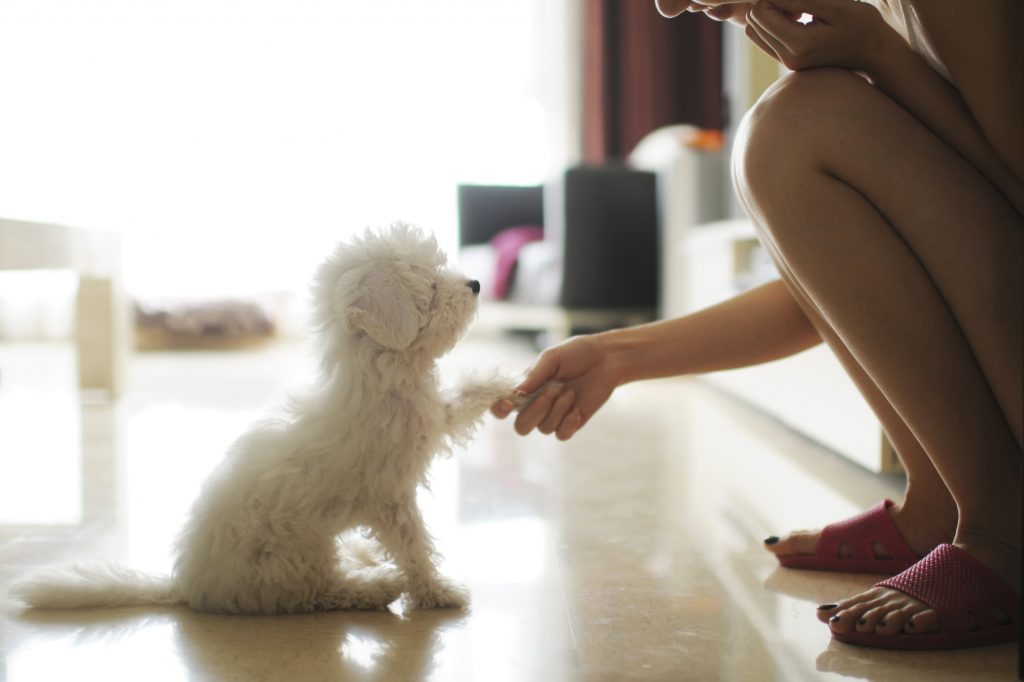 Pet training is crucial to your pet’s emotional wellness and physical safety. Teaching acceptable behavior is just as important as choosing the right food or providing enough exercise, but how, exactly, can you accomplish this?
Pet training is crucial to your pet’s emotional wellness and physical safety. Teaching acceptable behavior is just as important as choosing the right food or providing enough exercise, but how, exactly, can you accomplish this?
The Timeline
Pet training is a lifelong process. Although commonly associated with young pets, training can still be done throughout adulthood and even into the senior years. Socialization is the main component of pet training. Much of this comes naturally, via exposure to various people and places. However, true success is reached only when a pet understands how to behave around others.
Help Your Pet Through
Without proper, timely socialization, your pet could develop fears or aversions to certain types of people, sounds, smells, surfaces, or environments. How else would your pet know that a rollerblading, bearded man wearing sunglasses is perfectly safe to ignore and walk by? With your calm, confident leadership, your pet will begin to understand that danger is not always lurking around every corner.
Likewise, you must introduce situations that are not safe for your pet (like a busy intersection or a crowd of people). This provides opportunities for you to show him or her how to remain calm and unruffled.
The Start of Something Beautiful
Be intentional about exposing your pet to the following people and situations:
- Trusted family members and friends
- Supervised children
- Other pets and wild animals (squirrel!)
- New places you consider safe (e.g., your car, other homes, welcoming businesses, our office)
- Your touch and gentle handling
- Basic obedience training
Use rewards, praise, and physical affection to teach your pet the right responses to environmental stimuli. If you observe signs of stress or fear, give the process a break, and allow your pet to retreat to a safe place, such as his or her crate.
Oh, So Squishy!
Pet training and socialization can begin as early as 3 weeks old for kittens and puppies. Keep in mind the crucial sensitive period lasts until 9 and 14 weeks, respectively. Also, be sure your pet’s vaccinations are up to date before visiting any public places.
Owners who encourage new experiences can expect a more relaxed, controlled, and predictable pet. This allows trust to build between the two of you and facilitates a strong, long-lasting bond.
Pet Training is Fun
While it may seem like a chore, pet training has the potential to be fun and amusing. With the right teacher and proper techniques, you and your pet will be inspired to seek out future learning opportunities together.
Remember, successful pet training is easier to achieve than you might think. Please contact the team at Maywood Veterinary Clinic with any questions or concerns. Good luck!

